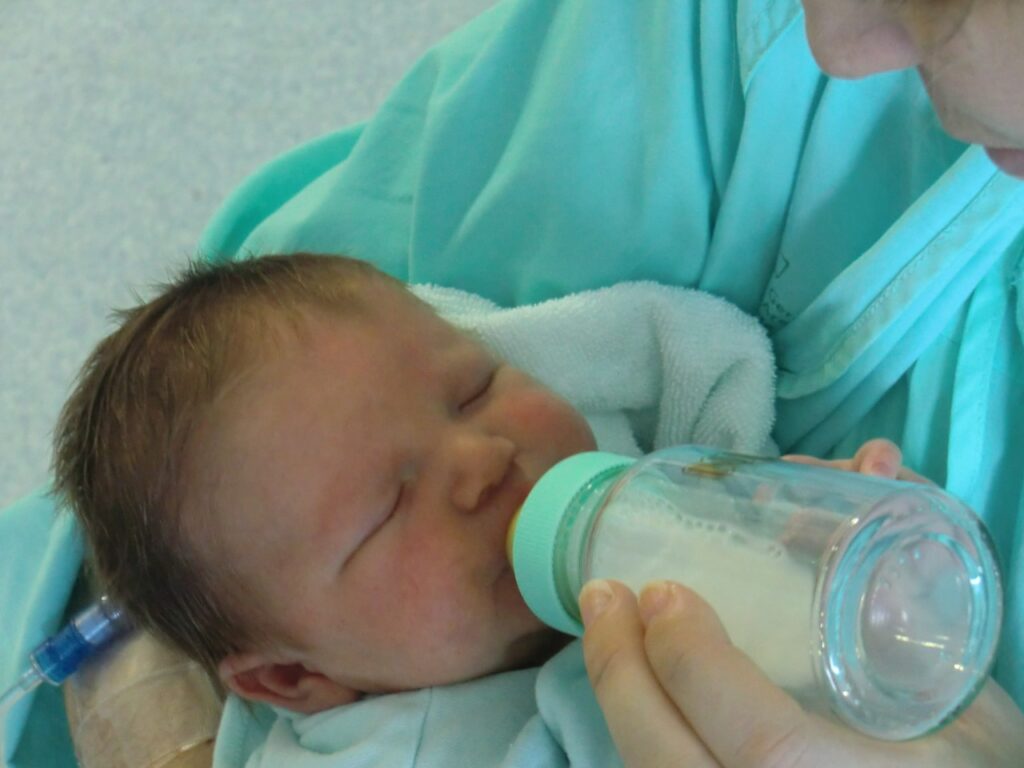

Feeding difficulties can be extremely stressful for children and their families. Feeding issues can impact nutrition, brain and body development and social participation. There are different kinds of feeding issues including, picky eating, food aversion, dysphagia and sensory processing issues. Feeding is a complex activity that can be impacted by a variety of factors and sometimes more than one.
Causes of feeding difficulties
- sensory issues
- tethered oral issues like tongue tie
- airway and breathing issues
- neurological issues
- feeding tubes
- allergies
- medical conditions or developmental delays
- psychological factors like trauma, anxiety or behaviors
Conditions that may lead to feeding challenges
- Autism
- Brain injury or stroke
- Cerebral palsy
- Down syndrome
- Hypertonia or Hypotonia
- Eosinophilic esophagitis
- NICU stay
- Sensory Processing Disorder
Signs/Symptoms
At mealtime children with feeding issues may exhibit behaviors such as food refusal, gagging, vomiting, or prolonged mealtime rituals. You might notice that it tasks them a long time to finish their meal or bottle, that they take breaks in between or fall asleep. These are all signs that there might be more going on and they may benefit from extra support. Increased stomach issues, gas and other gastrointestinal issues may also be an indicator. These are all signs that there might be more going on and they may benefit from extra support.
How can Polka Dot Kids help
Early identification and intervention are crucial for addressing feeding issues. Intervening during the early years can have a positive impact on a child’s eating habits and overall health. We utilize a combination of exposure strategies, food modification, positioning, oral-motor therapy, and behavioral strategies to help support healthier eating habits.
Providing parents with information and strategies to manage feeding issues is an essential aspect of intervention. Education helps parents understand the underlying causes and learn effective ways to support their child’s feeding development.
For more reading and information on feeding check out these posts. Is Feeding Therapy Right for my Child? and Picky Eaters